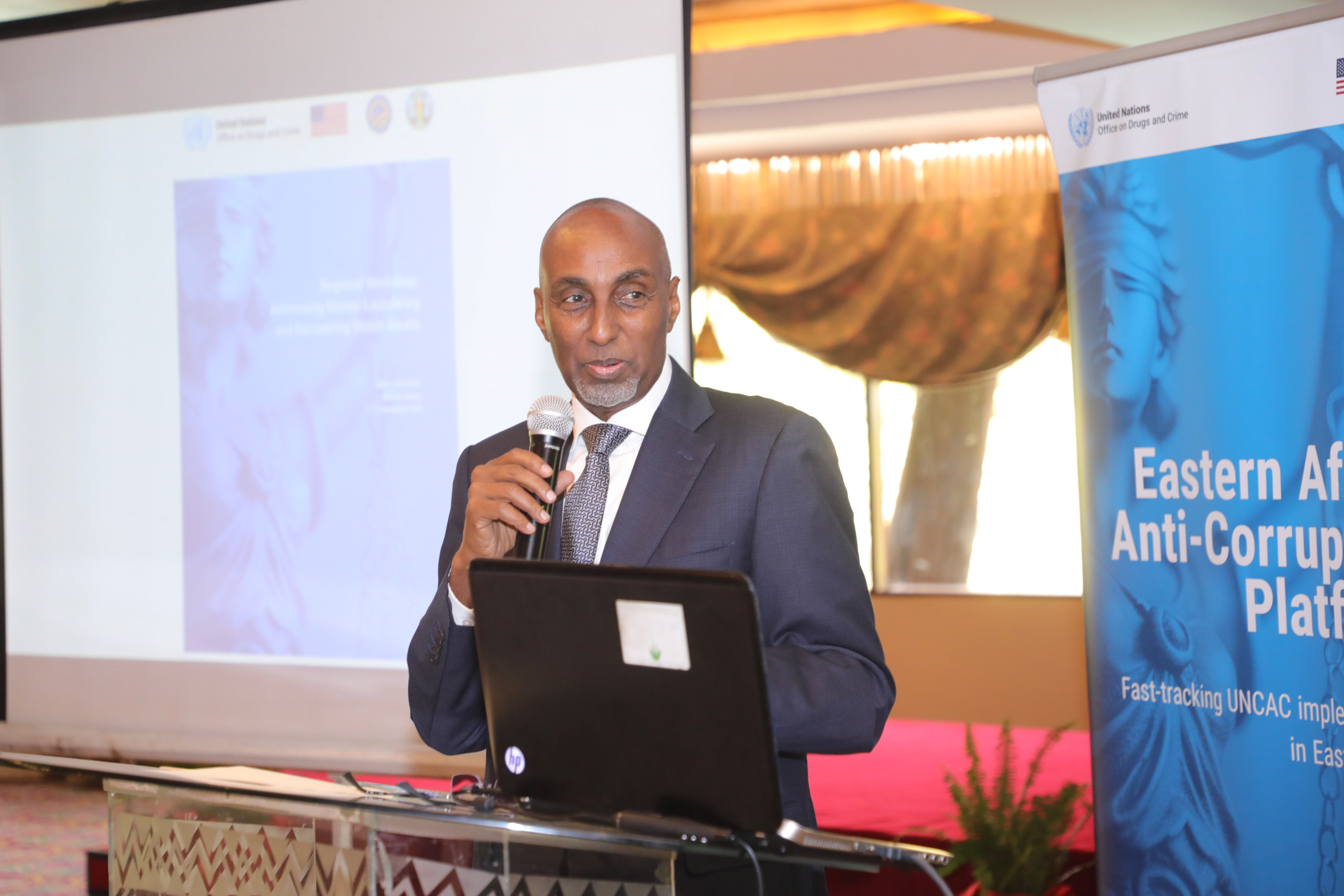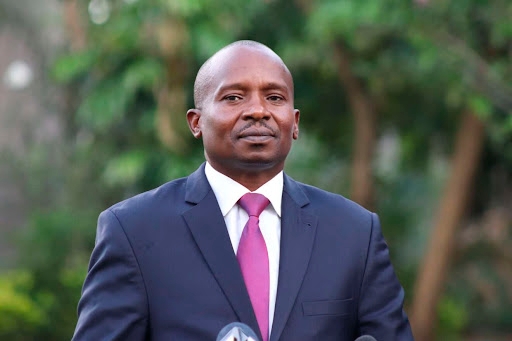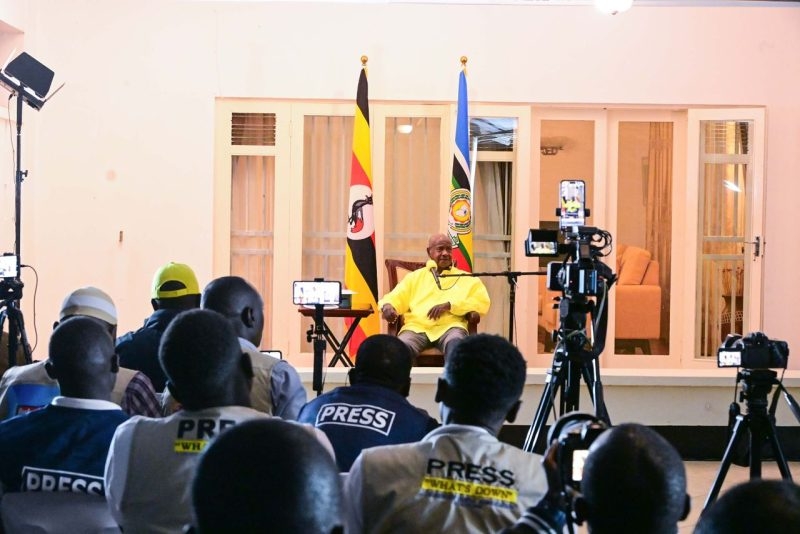

The Ethics and Anti-Corruption Commission (EACC) has
announced new timelines and procedures for public officers to declare their
income, assets, and liabilities under the recently enacted Conflict of Interest
Act, 2025.
According to a public notice issued by EACC Chief Executive
Officer Abdi Mohamud, all state and public officers are required to submit
their declarations for the year 2025 between November 1 and December 31, 2025.
“All State and public officers are required to file their
declarations to their respective prescribed responsible commissions,” the
notice states, emphasising that it is the personal responsibility of every
officer to ensure the completeness, accuracy, and truthfulness of the
information submitted.
The exercise marks the first declaration period since the Conflict
of Interest Act, 2025, came into operation on August 19, 2025.
The declaration process is intended to promote transparency
and accountability in public service by ensuring that officers regularly
disclose their financial interests.
The EACC will oversee and enforce compliance with the new
legal requirements.
Under the Act, officers are required to disclose their
income, assets, and liabilities, as well as those of their spouses and
dependent children under 18 years of age.
The declaration also covers any material change—defined as a
significant alteration in any of the declared categories—that occurs within the
two-year period.
The new law replaces the previous framework that operated
under the now-repealed Public Officer Ethics Act.
However, regulations and procedures established under the
old law will remain in effect until replaced by new instruments made under the Conflict
of Interest Act.
The notice outlines that designated ‘responsible commissions’
will manage declarations for different cadres of State and public officers as
specified in Section 32 of the Act.
Where no responsible commission has been identified, the one
previously recognised under the Public Officer Ethics Act will continue to
perform the role until new guidelines are issued.
These commissions are required to scrutinise the
declarations to ensure their completeness and accuracy, and to determine
whether they reveal any potential conflicts of interest.
They are also mandated to analyse declarations for possible
discrepancies or omissions, seek clarifications from officers within six months
from January 1, 2026, process access requests from authorised persons or law
enforcement agencies, and maintain and safely store the records for at least
five years after an officer leaves public service.
The commissions are further expected to take disciplinary
action against officers who fail to comply or who provide incomplete
information.
Any undeclared or unexplained assets may be referred to the
EACC for forfeiture.
The commissions must also submit compliance reports to the
EACC by July 31, 2026.
The anti-graft body emphasised that the declaration exercise
is a cornerstone of Kenya’s ongoing anti-corruption and governance reforms,
aimed at promoting integrity and accountability across the public sector.
















